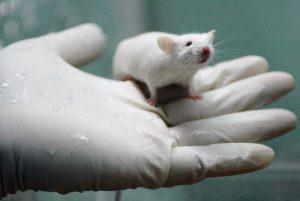Lunasin is a group of amino acids, called a peptide, found in soybeans, oats, barley, and other plants[1][2][3]. Research into the properties of lunasin began in 1996[4][3], with a focus on cancer, cholesterol, and inflammation[1][3]. A Lunasin regimen consists of LunaRich X capsules (12 per day) and Reliv NOW (a mixture of vitamins, minerals, and antioxidants)[5].
Lunasin is a peptide found in soy that has been shown to have antioxidant, anti-inflammatory, anticarcinogenic, and immune-modulating properties. It is taken orally for cancer, amyotrophic lateral sclerosis (ALS), high cholesterol, heart disease, rheumatoid arthritis (RA), and weight loss.
It has been shown to suppress the proliferation and migration of cancer cells as well as block some of the key steps that take place when normal cells turn into cancer cells. Additionally, while the lunasin gene is potentially a chemotherapeutic agent, the lunasin peptide has been shown in in vitro experiments using mammalian cells to suppress metastasis.
A clinical trial was conducted to study its efficacy in patients with amyotrophic lateral sclerosis (ALS). The trial found that there was no evidence that lunasin slowed or reversed the progression of ALS.
It is also currently being commercialized for its anti-cholesterolemic and anti-diabetic properties. A study done on rats showed that it had the potential to help with diabetes when taken in combination with a health supplement powder. Another study showed that it had the potential to retard diabetic nephropathy in rats when consumed as part of a low-fat soy milk diet.

